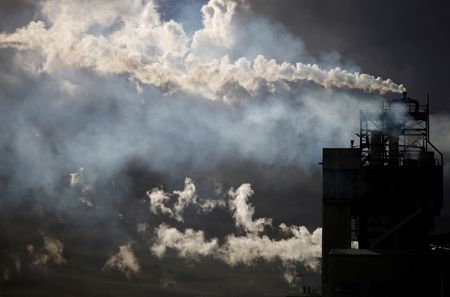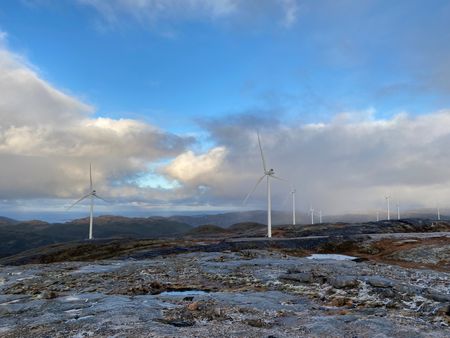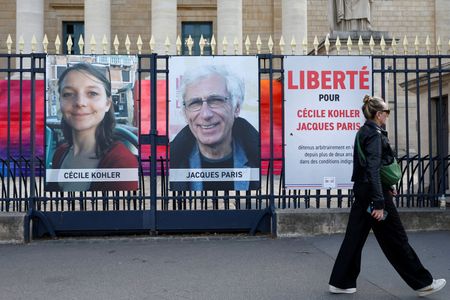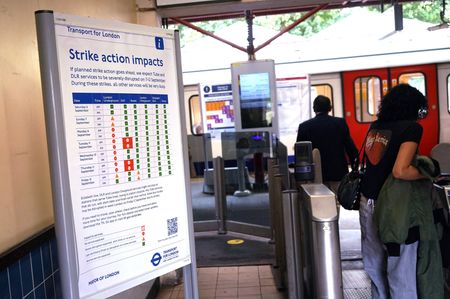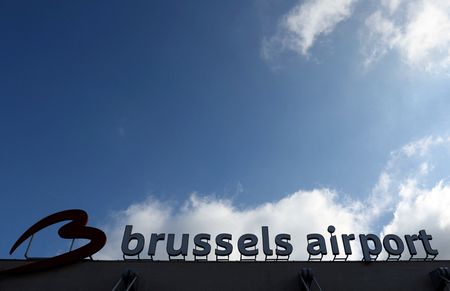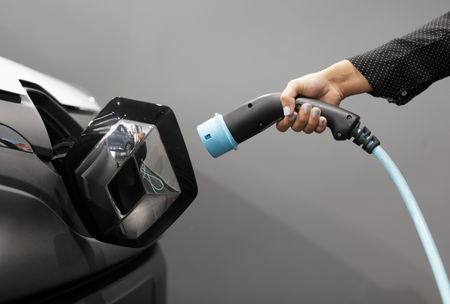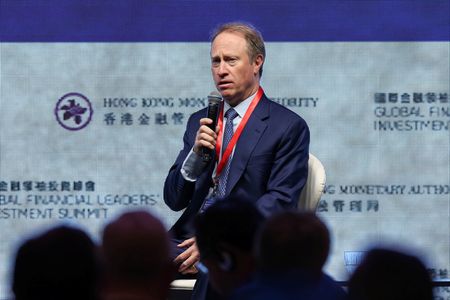By Katy Daigle, Simon Jessop and Kate Abnett
BELEM/SAO PAULO (Reuters) -With a U.N. report warning that worldwide carbon emissions remain too high to halt global warming, Brazil’s president said on Tuesday that this month’s U.N. climate change summit in the Amazon would be a “COP of Truth” and offer real solutions.
Despite three decades of global negotiations, countries will not prevent warming from exceeding 1.5 degrees Celsius – the main goal of the Paris Agreement brokered a decade ago. Instead, the world is on track for an extreme 2.3 – 2.5°C of warming, the United Nations’ Environment Programme said on Tuesday.
The forecast assumes countries will fulfill pledges they have made so far to cut emissions. If they fall short, the world will get even hotter.
“This will be difficult to reverse,” UNEP said of the 1.5C overshoot, noting that countries would need to move even faster and make even bigger reductions in greenhouse gas emissions to prevent runaway climate change.
Brazil’s President Luiz Inacio Lula da Silva, whose country hosts COP30 on November 10-21, said failure to deliver on past climate deals – including the Kyoto Protocol and promised climate finance – was demoralizing for people around the world.
Speaking with reporters at a naval base in Belem, Lula said countries must deliver on past promises, rather than making new ones.
“We don’t want the COP to continue to be an exposition or a fair for ideological climate products, with everyone seeing what they want, how they want it, and no one being obliged to do anything and make things happen,” Lula said.
“We want it to be very serious, and for the things we decide to be implemented,” he said, noting some countries were “not complying” with the Paris treaty committing them to limit warming to “well below” 2°C above pre-industrial levels, working for a limit at 1.5°C.
The U.N. emissions report on Tuesday noted that the current warming trajectory was only 0.3°C lower than it was a year ago before COP29 in Baku, Azerbaijan – meaning new plans announced this year have done little to move the needle.
Brazil will propose creating a new U.N.-linked global environment council empowered to travel and monitor progress on climate pledges around the world.
“Because otherwise nothing will happen. A country says ‘I’m not going to comply’ and nothing happens to it,” Lula said. “So the COP loses its momentum, and soon people will no longer want to participate, because it’s pointless.”
MONEY MEETS
The conference will be held in the riverside city of Belem in the Amazon rainforest with dozens of indigenous groups participating in the talks. Still, limited capacity and high costs have created logistical headaches.
“We didn’t want to be comfortable, we wanted challenges. And we wanted the world to come and see the Amazon,” Lula said.
Instead, many corporate executives, regulators, bankers and investors have gone further south to the coastal Brazilian city of Sao Paulo, where they hope to help speed up climate action in the real economy by highlighting what is working.
Clean industry groups said in a report on Tuesday that over 1,000 clean projects were in development worldwide. More than 70 of them, together worth $140 billion, are set to be shovel-ready in coming months, according to the Industrial Transition Accelerator and Mission Possible Partnership.
Near Sao Paulo’s financial hub, business experts attended panel discussions, meetings and roundtables tackling topics from carbon markets to best practices in pricing the carbon held in a stand of trees.
Hitachi Energy’s head of sustainability, Alicia Argüello, said she attended a roundtable Monday about green electricity grids. “I got a lot of feedback,” she said.
Across town at a massive convention center, another three-day event offered more than 150 speakers.
Some were disappointed at being so far from the COP30 discussions in Belem, a four-hour flight from Sao Paulo. That meant they would not be able to network with country officials.
“These people including ourselves tend to be implementers,” said CEO Andrew Johnstone of Climate Fund Managers. Not being in Belem “affects the peripheral discussions and collaborations that may come out of convening ideas and people. That’s a negative.”
The world has made some progress in 30 years of climate negotiations. A decade ago, when the Paris Agreement was signed, the planet was on course for around a 4°C temperature rise.
But in 2024, UNEP said, global carbon emissions increased by another 2.3% to 57.7 gigatonnes of CO2 equivalent.
(Reporting by Kate Abnett in Brussels, Simon Jessop in Sao Paulo; Editing by Conor Humphries and David Gregorio)

